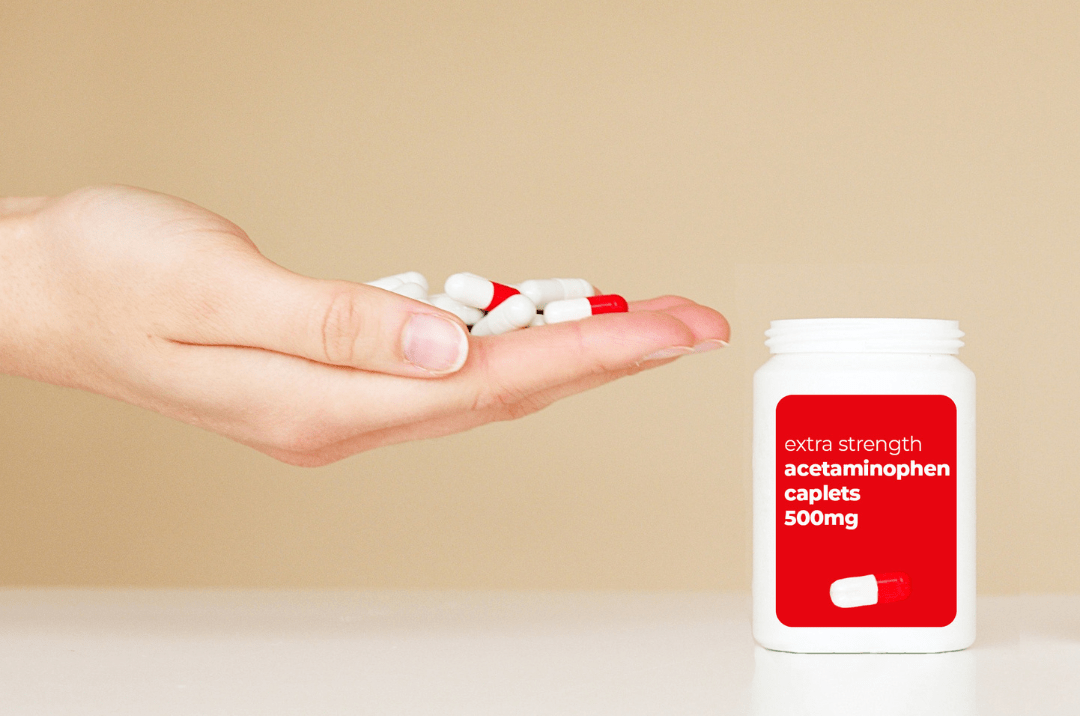Acetaminophen Overdose

What is acetaminophen?
Acetaminophen is a non-opioid analgesic that is used to treat pain and fever. It is an active ingredient in both over-the-counter and prescription medicines. Is it possible to have an acetaminophen overdose?
Acetaminophen is often combined with other active ingredients in over-the-counter medicines that treat symptoms of the common cold, flu, migraines, allergies, and sleeplessness. In prescription medication, it is often combined with other active ingredients for treatment of moderate to severe pain.
Acetaminophen overdose continues to be a leading cause of accidental and intentional poisoning, with over 100,000 cases reported to U.S. Poison Centers annually. When not treated properly, acetaminophen poisoning causes liver failure and death. For the first-time ever guideline consensus guidelines were released earlier this year for the treatment of acetaminophen poisoning. Standardized guidelines will ensure that patients receive life-saving treatment sooner, resulting in better patient care and outcomes, and have the potential to save costs by reducing the length of hospital stays.
How is acetaminophen toxic?
While acetaminophen is safe when used as directed, toxic effects can occur when used incorrectly. These toxic effects typically occur when someone takes higher than recommended doses of acetaminophen–an acetaminophen overdose. When someone takes too much acetaminophen, the body can no longer safely break it down, resulting in damage to the liver. Common situations that can result in acetaminophen poisoning include:
- Using multiple products that contain acetaminophen at the same time
- Taking doses of acetaminophen too closely together
- Taking a large dose of acetaminophen at one time
What are the symptoms of acetaminophen overdose?
Acetaminophen poisoning can cause serious damage to the liver so it is essential that it be recognized, diagnosed, and treated as soon as possible. It is important to mention that symptoms may not appear immediately and can be delayed up to 24 hours.
Common symptoms of acetaminophen poisoning can include:
- Nausea and vomiting
- Stomachache or stomach pain
- Loss of appetite
- Yellowing of the skin and eyes (jaundice)
- Dark urine
- Confusion
- Drowsiness
What is the treatment for acetaminophen poisoning?
There are currently no treatments that can be done in the home if acetaminophen toxicity is suspected. It is imperative to seek early treatment at a healthcare facility in order to prevent liver failure and death. If damage is severe enough, a liver transplant may be necessary to save someone’s life.
The antidote to acetaminophen overdose is N-acetylcysteine (NAC). It works most effectively when given within eight hours of ingesting too much acetaminophen.
How can you prevent acetaminophen overdose?
Safe use of acetaminophen-containing products is key to preventing poisoning. Remember that acetaminophen is an active ingredient in many medications. Be sure to read and follow directions on a medication’s label carefully. Never take more acetaminophen than the recommended dose. Keep track of the time and dose that acetaminophen was taken to avoid taking too much in a 24-hour period. When administering acetaminophen to children, use the dosing device supplied with the product. ALWAYS call Poison Help if you are in doubt about anything related to acetaminophen dosing.
To avoid accidental ingestion by children, always keep acetaminophen products up, away, and out of the reach of children. Make sure the child-resistant packaging is properly closed following use.
Take Action
Acetaminophen poisoning is life-threatening if not recognized in time, but it can be treated successfully if caught early. A call to Poison Help can be life-saving. Our poison control experts can help determine if someone is at risk of acetaminophen poisoning or needs to seek treatment at a healthcare facility.
Poison Help is available for free 24/7 at 1-800-222-1222 and is not just for emergencies. Our poison control experts can help you with any medication questions, emergent or not. Read our blog to learn more about Poison Help and how it can keep you and your family safe from poison emergencies.